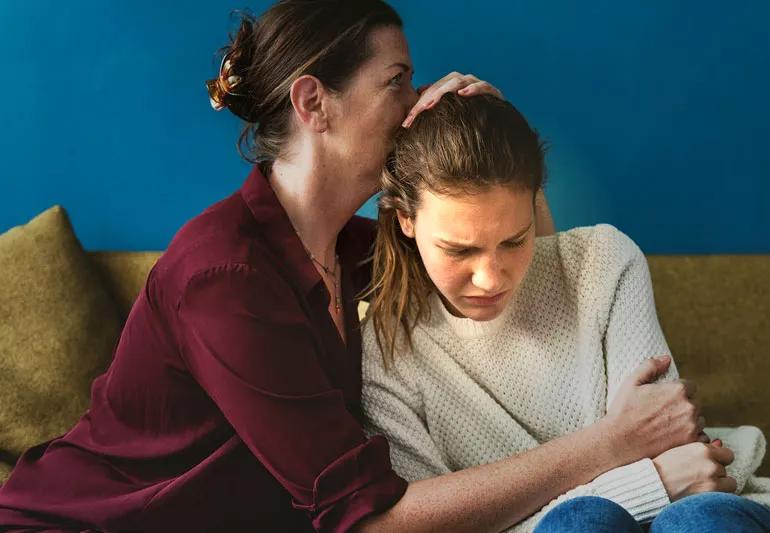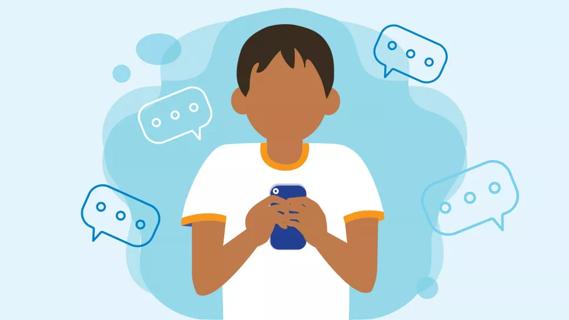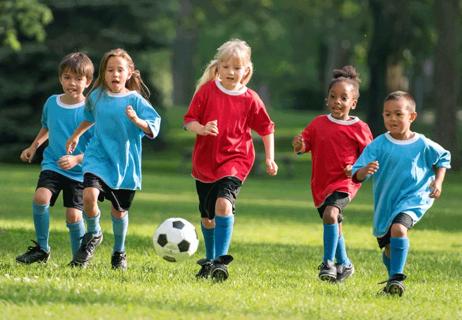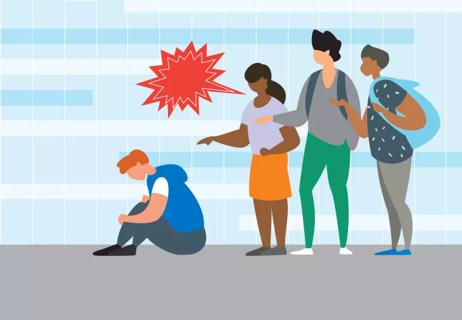Advertisement
Study finds childhood mental health disorders are common, but largely untreated

Treatable childhood mental health disorders, such as anxiety, depression and ADHD, can have lasting effects into adulthood if not recognized and addressed early.
Advertisement
Cleveland Clinic is a non-profit academic medical center. Advertising on our site helps support our mission. We do not endorse non-Cleveland Clinic products or services. Policy
However, a recent study shows many children with these conditions don’t receive appropriate treatment.
The study looked at parents whose children had a mental health condition (either currently or in the last year) and asked if the child had been treated by a professional. The study didn’t ask if the child was in long-term treatment ― just had the child ever been seen by a mental health professional before. And the answer was strikingly ‘no’ or ‘not very often.’
Pediatric psychologist, Vanessa Jensen, PsyD, did not take part in the study, but says the results are quite astounding.
The study looked at data on more than 46 million U.S. children.
Results show 7.7 million children had at least one treatable mental health disorder ― including anxiety, depression or ADHD.
However, almost half of these children did not receive needed treatment, such as counseling or medication.
Dr. Jensen says often times there are numerous barriers for families seeking mental health care for their children. Many don’t get the help they need due to lack of resources ― which can vary from state to state.
In addition to fewer available professionals who specialize in childhood mental health, some healthcare plans may not provide mental health coverage, or have high out-of-pocket costs. These expenses can keep families from bringing their children in.
And some families may not even know where to begin.
“Parents who suspect their child may have a mental health disorder should start by talking with their child’s pediatrician,” says Dr. Jensen. “ADHD, anxiety, depression and related disorders are very treatable. Most of the time, with appropriate treatment, kids can go on to function quite well.”
Childhood mental health treatment can include:
“Much like physical conditions like asthma and diabetes, children with mental health disorders can learn to recognize signs of trouble,” she says.
By working with a mental health professional, children can learn skills early on to help them recognize feelings that require self-management or the need for professional help.
Advertisement
Learn more about our editorial process.
Advertisement

Integrating coping skills into your teen’s daily routine helps turn self-care into a lifelong healthy habit

Tantrums and meltdowns are normal, but you can help your child manage their bigger emotions

American teens are facing unprecedented rates of depression and suicide, but you can be there to support and help them

Unexplained injuries, mood changes and sudden isolation may be signs your child needs help

Too much screen time and unrealistic expectations and perceptions and can lead to an increased risk of anxiety and depression

Get to know the resources they have on and off campus, including their friends

Participating in sports teaches kids life skills and can build self-confidence for the long haul

It starts with teaching your child how to use emotional language and to respect others

Focus on your body’s metabolic set point by eating healthy foods, making exercise a part of your routine and reducing stress

PFAS chemicals may make life easier — but they aren’t always so easy on the human body

While there’s little risk in trying this hair care treatment, there isn’t much science to back up the claims